In October 2019, the Rotary Club of Bugolobi asked me to talk on the environment and climate change. I looked forward to the opportunity. It would be the first time as an activist that I’d be addressing Ugandan professionals, many of whom were my parents’ age (I’m 24). The audience would be civic-minded middle-class men and women who could raise awareness about the climate crisis and put pressure on the government and the private sector. Or they could do exactly the opposite: resist any change they perceived as slowing down what they considered “development” or “progress,” and dismiss the concerns of the younger generation.
My presentation took about 20 minutes, after which the audience asked many questions. They seemed surprised to hear this information from someone so young who wasn’t an expert, but were pleased I’d helped them understand the urgency of the problem. At one point, a man said how puzzled he was that the ongoing degradation of the Amazon rain forest was widely condemned, even in Africa, and yet no one was talking about the destruction of the Congo Basin rain forest. As the meeting came to an end, his statement lingered in my mind.
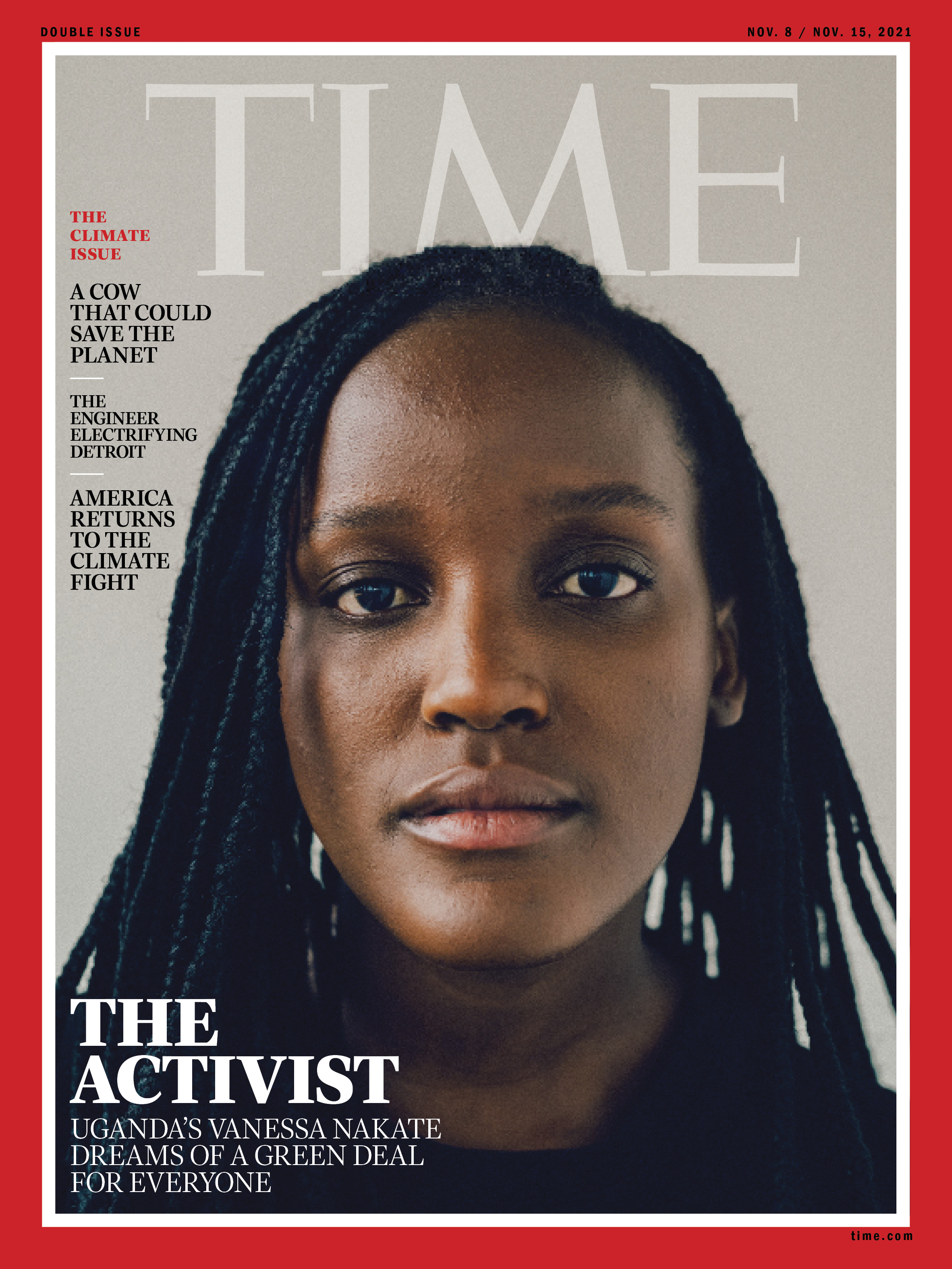
Why weren’t Ugandans talking about what was happening in the Congo Basin rain forest, especially since the Democratic Republic of Congo (DRC), in which about 60% of the rain forest lies, borders our country to the west? I had no good answer to that question, and I had never been there myself. So I learned.
The Congo Basin rain forest ecosystem, sometimes called the world’s “second lung,” is, like the Amazon, rich in biodiversity. It’s also vital as a global carbon sink, sequestering 600 million metric tons more carbon per year than it emits—the same amount, says the World Economic Forum, as “one-third of the CO2 emissions from all U.S. transportation.” The forest, which stretches into parts of six countries, is home to as many as 150 ethnic groups, including Indigenous peoples such as the Batwa, Bambuti and Ba’Aka. Humans have lived in the forest for more than 50,000 years, and 75 million people today depend on it to survive. The ecosystem contains 10,000 species of tropical plants—many of which may provide medicinal benefits—as well as a thousand species of birds, 700 species of fish and 400 species of mammals, including the black colobus monkey, which is vulnerable to extinction.
Also like the Amazon, the Congo Basin is being exploited for its resources. Between 2000 and 2014, an area of forest greater than the size of Bangladesh was cleared in the Congo Basin. And while the rates of deforestation in the Amazon and Southeast Asia are higher than in the Congo Basin, it’s facing similar ravages. Maddeningly, in 2020, deforestation rose globally by 12%, including in many countries in the Congo Basin region, despite COVID-19’s impact on the world’s economies.
Read More: Angelina Jolie Interviews Vanessa Nakate About Activism and the Power of African Voices
Scientists have calculated that unless something shifts dramatically, all of the Congo’s forests may be gone by 2100.
The more I discovered what was happening to the Congo Basin, the more upset and angry I became. Why wasn’t I aware of this? Well, one reason is that the world’s financial resources, including the media, are concentrated in the Global North. The stories that are shown on television, published in print and online, and shared on social media are overwhelmingly ones that are already familiar to the developed world.
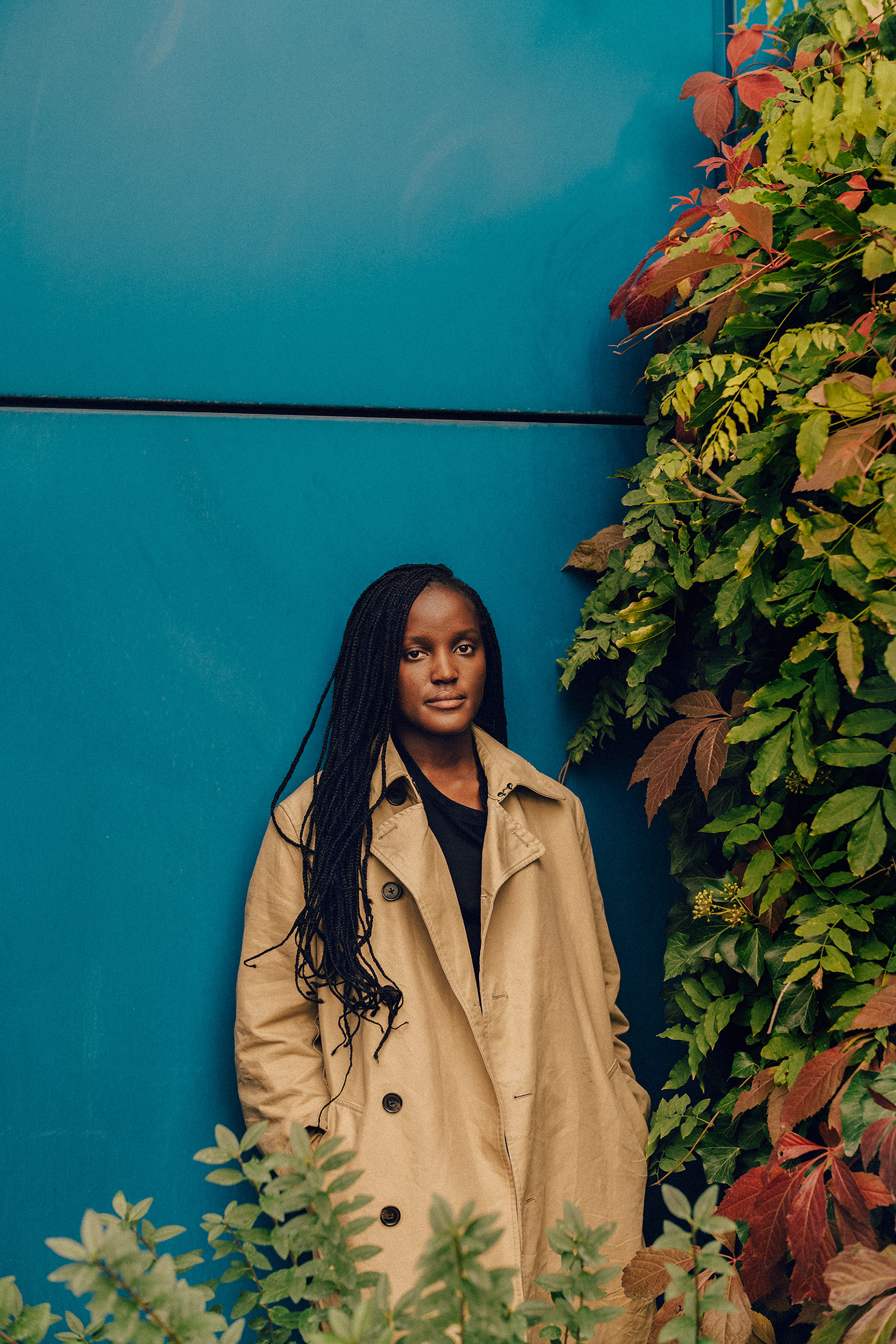
As the man at the Rotary Club had observed, we’re well informed about the deforestation in the Amazon, and often more aware of the biodiversity loss and threats to Indigenous populations there than we are of the biodiversity loss and threats to the original inhabitants of the Congo. A lost expanse of Congo rain forest is as destructive as one in the Amazon, yet one was making news headlines and the other wasn’t. If we couldn’t defend the largest forest in Africa, I thought, then how would we protect the smaller forests, including those in Uganda?
A few days after the Bugolobi talk, I began my first strike for the Congo forest, urging others to join me with their placards, take photos and spread the message online about this vital ecosystem. My first results weren’t encouraging. I discovered that not only had few people heard about the environmental and human tragedy continuing in the Congo, but some weren’t even aware the forest existed.
The destruction of the Congo rain forest is only one of the many interconnected disasters that climate change is exacerbating in Africa.
In January 2018, Cape Town in South Africa came within 90 days of running out of water. In March and April 2019, cyclones Idai and Kenneth struck the coast of Mozambique in the southeast of Africa, resulting in 2.2 million people needing urgent aid because of flooding, this in a country where 815,000 people were already in dire straits because of drought. That August, flooding in Niger affected more than 200,000 people. In November, Djibouti, in the Horn of Africa, recorded two years’ worth of rainfall in a single day. In May 2020, torrential rains washed away an entire town in Somalia.
It wasn’t only too much or too little water that overwhelmed the continent. In 2020, locusts destroyed 170,000 acres of crops across East Africa, putting millions of people who were already food-insecure at risk of famine—scientists have said this unprecedented phenomenon was in part due to changes in the local climate.
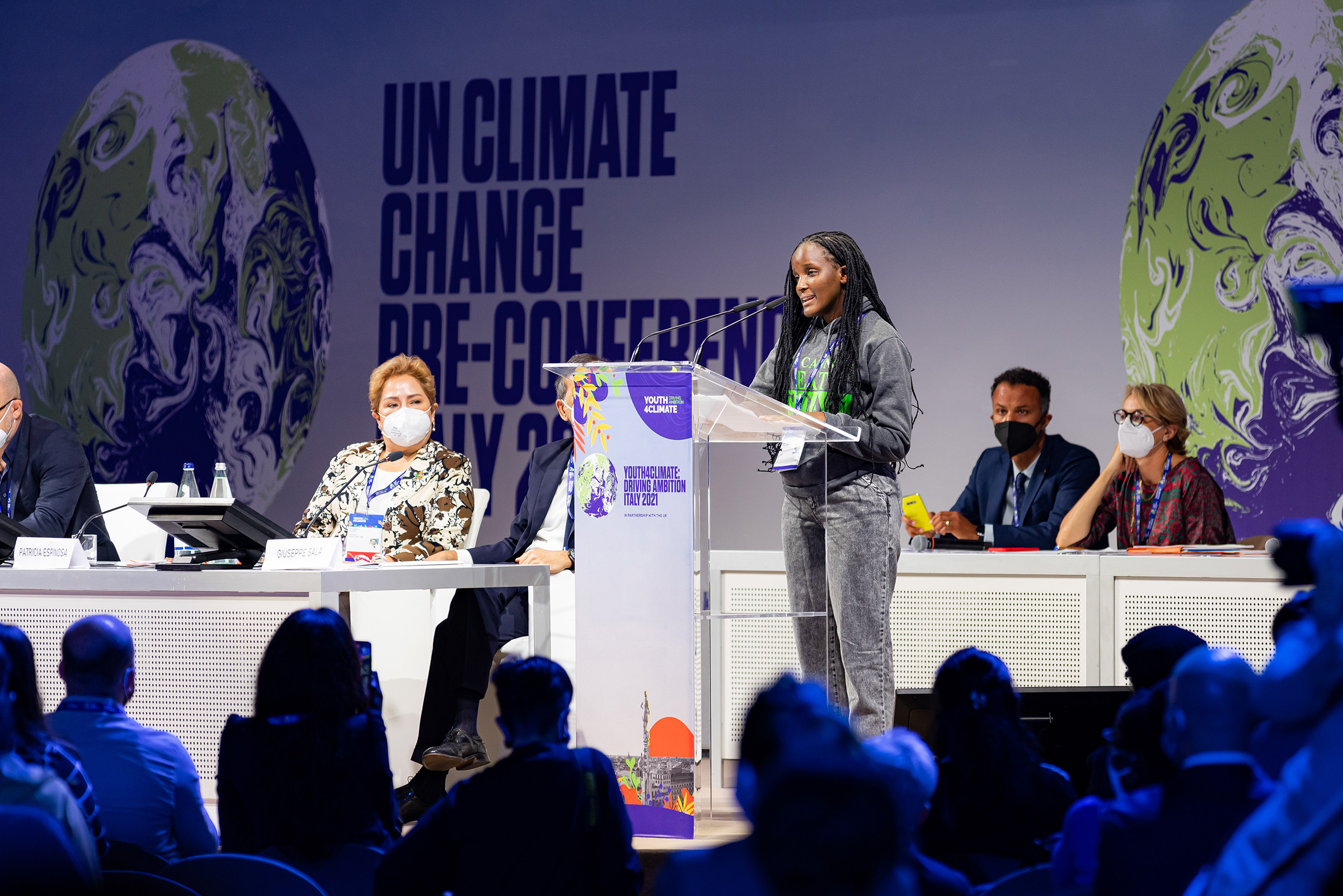
If these years weren’t hard enough, scientists are projecting that in the next several decades the extremes will become worse, as the global mean land temperature rises beyond its current 1.2°C (2.16°F) above pre-industrial levels. Between 1998 and 2018, all but one year was hotter than any previous year on record. And the temperature now considered to be “normal” is higher than ever.
So what would a 1.5°C (2.7°F) increase mean for the African continent? In blunt terms, it would be devastating. Researchers estimate that it might cause there to be more than twice as many annual heat waves in Africa by 2050. According to one study, it would subject the city of Lagos to a heat-stress burden 1,000 times what it was in the recent past. That would mean more demand for electricity, more need for water and more deaths. And this in a country where 30% of the population already has no access to clean water.
Kaossara Sani, a climate activist who lives in Lomé, Togo, is very aware of the human and environmental consequences of the climate crisis for her city and country. Sani had been volunteering to help homeless children when she encountered a 9-year-old boy from the countryside in the marketplace. He was living alone on the street, collecting plastic packaging to earn money, and wasn’t in school.
“I thought to myself, This young boy’s life is destroyed: like that,” she told me. She couldn’t understand how or why parents were sending their children from their home villages to the cities to beg. Then she found out the answer. “I realized that in rural areas, the main activity is agricultural. People depend on nature, and with climate variability and with floods, they can’t support their family. They can’t have good crops at the end. So the only way they have is to send their own children to the city.”
For Sani, speaking out about the climate crisis became a matter of advocating for children like this little boy. “Climate change is stealing their lives,” she says. “Not their future—it’s already stealing their present.”
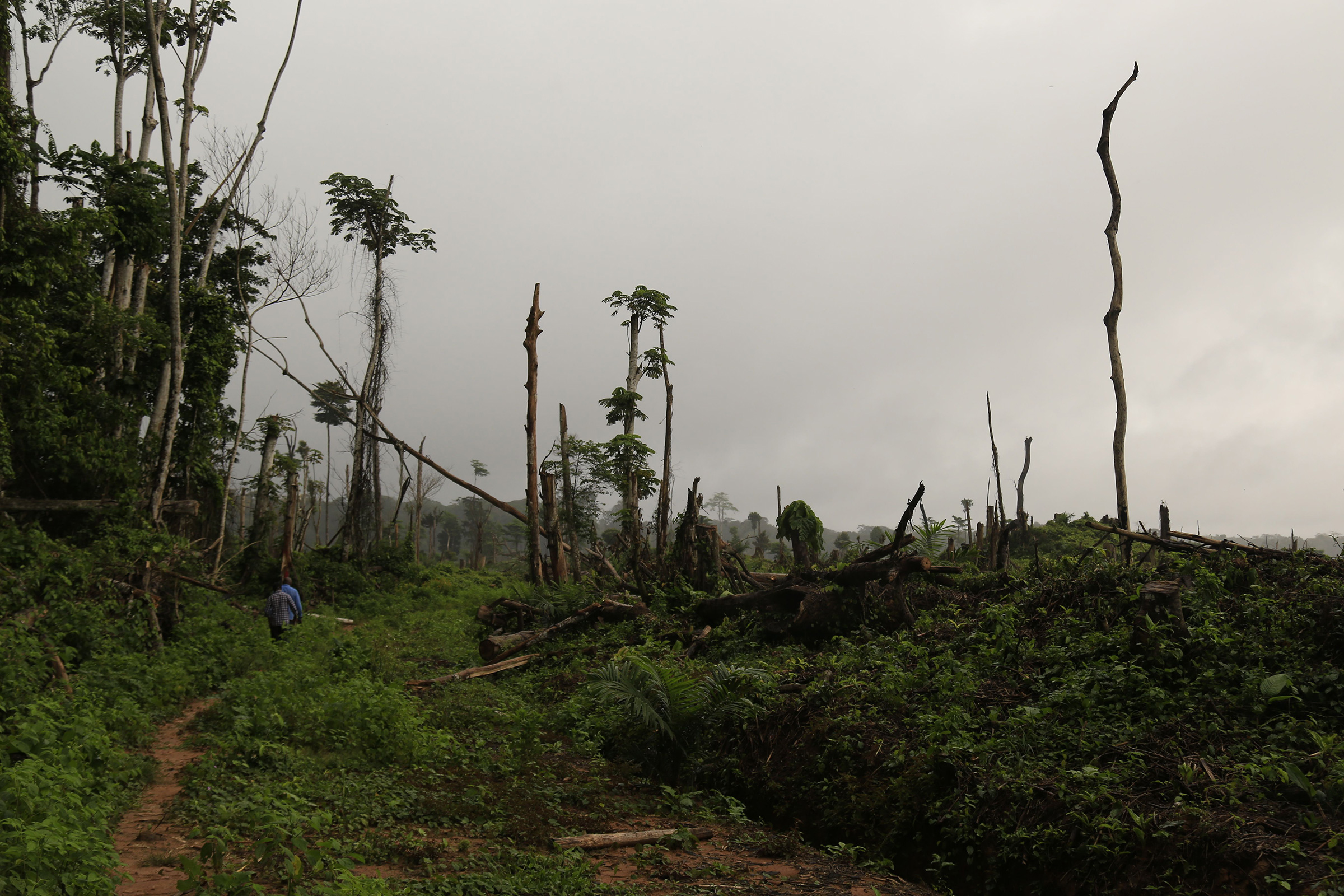
Sani is one of several West African climate activists focusing on the Sahel, the semiarid region that stretches from Sudan to Senegal and acts as a buffer between the expanding Sahara and the populated savannas to the south.
In November 2019, I got to know a Nigerian activist, Adenike Oladosu, when the Eleven Eleven Twelve Foundation (EETF), an organization that promotes green solutions and job opportunities to encourage economic growth in that nation, invited us both, along with Elizabeth Wathuti of Kenya, to a meeting in Ibadan, Nigeria.
In Ibadan, Oladosu told me about her campaign to draw attention to another vital African ecosystem: the Lake Chad Basin, which provides water and food for 30 million people. Among those people, nearly 11 million require humanitarian relief as a result of conflict exacerbated by the impacts of climate change.
Read More: Vanessa Nakate: How Educating Girls Will Help Combat the Climate Crisis
Oladosu is campaigning to increase awareness about the social, political, economic and ecological crises in the Lake Chad Basin. She considers it a wake-up call to the entire world about what happens when an eco-system can no longer support the numbers of people who depend on it. She writes:
A combination of decreasing rainfall, increasing temperature and other climatic elements will destroy the economic livelihood of people, be they in Africa, Europe or Asia. Lake Chad represents what the world will witness in decades … [That combination] will lead to the creation of internally displaced persons camps, desert expansion, resource control, armed conflict and, finally, failing democracies.
In some way, therefore, we are all Africa.
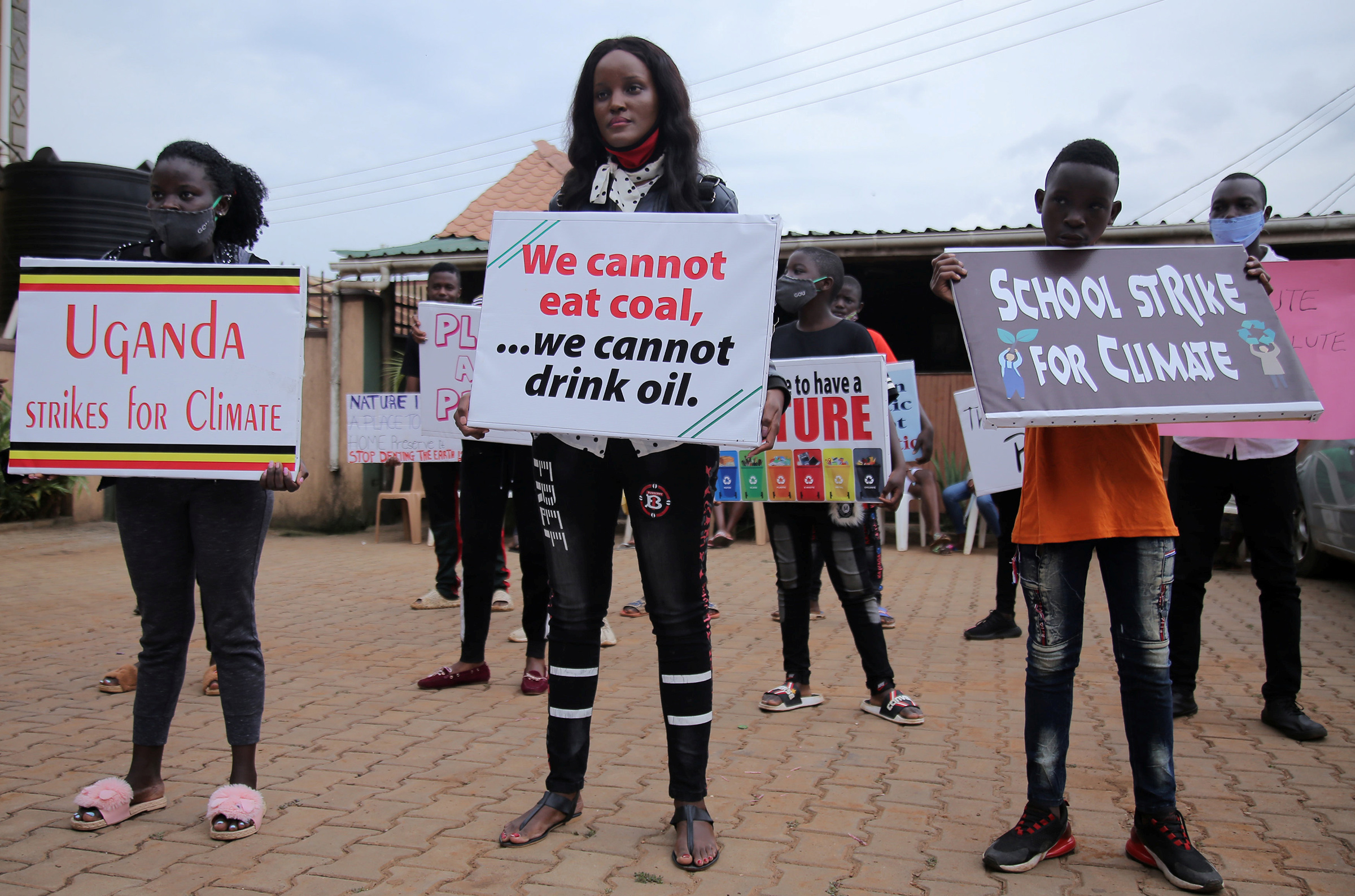
During those few days at Ibadan, Oladosu, Wathuti and I fell into an easy conversation on how we could collaborate. Wathuti told us about her project planting fruit trees in schools, and Oladosu described her work with women in communities threatened by natural disasters, and the dangers of sexual violence and abandonment that they endure as a result.
The three of us each faced similar difficulties. We recognized that many African voices were struggling to be heard—not only internationally but also within the continent and even within our own countries. We were frustrated by how few ordinary people were aware that the climate crisis was behind so many of the disasters that they called “God’s will,” and how difficult it was to create a uniform message on climate action that would carry weight—in our countries, regions and even globally.
Some problems lay beyond our immediate capabilities to fix, but we agreed on a few actions we could take together. We’d amplify one another’s voices by sharing our work online, and emphasize to the international media the importance of the collective efforts of the growing number of climate activists we were in contact with. This way we’d show that there weren’t only a handful of people in Africa fighting for climate justice, and that we echoed the concerns of people, young and old, in many countries throughout the continent.
We led a climate strike at the University of Ibadan for Lake Chad and the Congo rain forest. Later, at my presentation at the EETF event, during which Wathuti was honored, I told the attendees, “If no one is going to fight for Africa, it is because Africans are silent.”
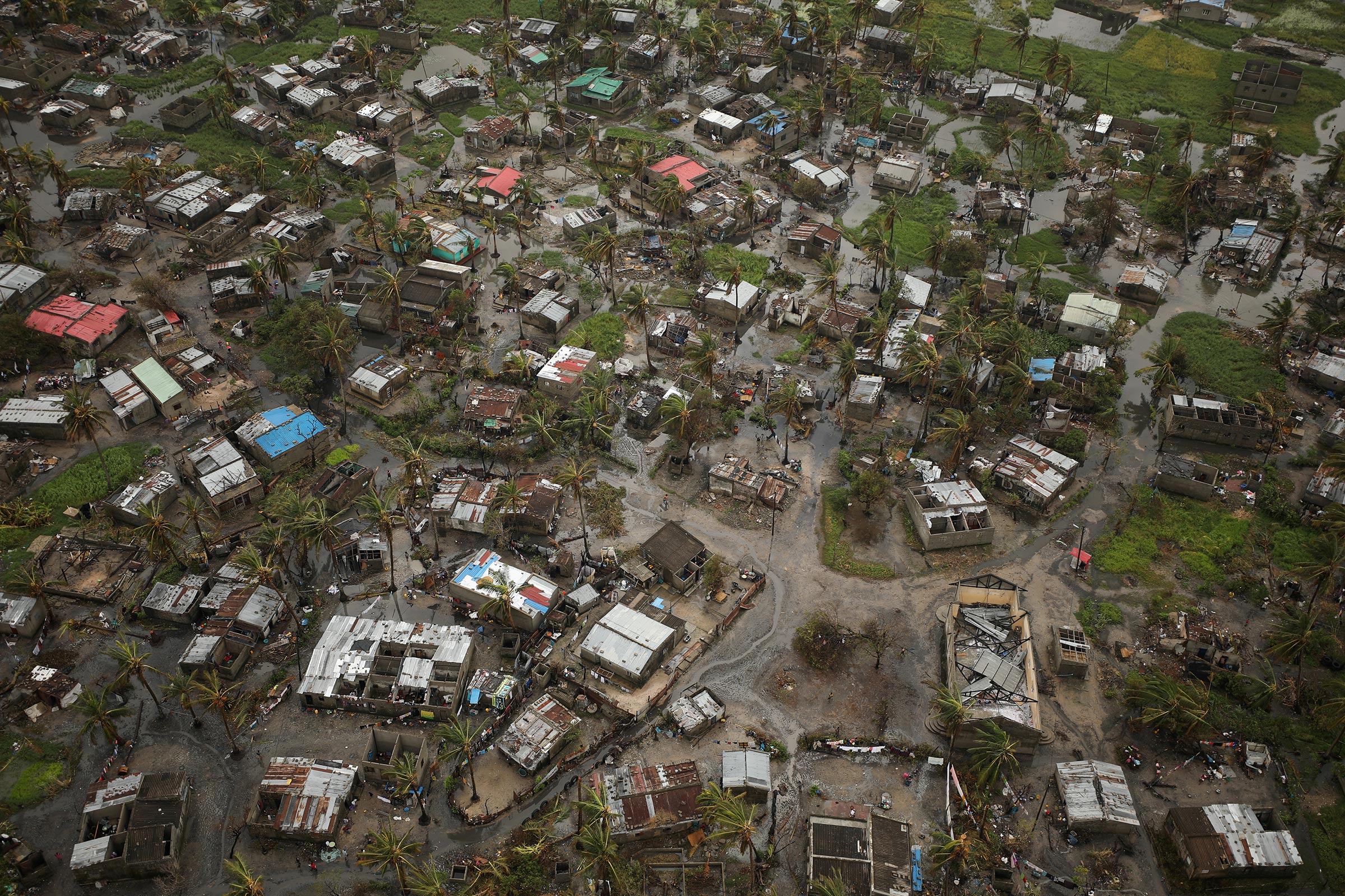
I had an opportunity to take my Congo strike to COP25 in Madrid. I walked through the expo, in which national governments set up pavilions to showcase what they’re doing to promote a more climate-compatible future. After some activists and I searched in vain for the Ugandan pavilion, we came across the one for the Republic of Congo (Brazzaville). There, I talked to the people staffing it about the strikes I was staging on behalf of the Congo Basin rain forest.
They were not pleased. They took turns to tell me that since I’d never been to their country or seen the rain forest, I had no comprehension of the needs of its citizens or the importance of developing the region. The people of the Congo required properly constructed houses, one of the men said, which I took to mean that the wood to build them had to come from the forest. It was a strange and unsatisfying discussion. Later, we held a strike for the Congo Basin forests in front of the pavilion. The staff I’d met earlier glared at us from a distance, and I’m sure they were happy when we returned to the conference center.
It’s true, I may not fully understand the developmental needs of the people who live in or around the basin. But surely it doesn’t make sense to destroy the world’s “second lung” for furniture, palm oil, building materials, minerals or fossil fuels.
Some may feel it’s presumptuous for any of us to claim to speak for the whole of Africa, a continent made up of 54 states, home to 1.3 billion people and encompassing hugely varied ecosystems, peoples, cultures and social conditions. And I agree that it’s absurd that one individual should presume to be, or even be considered as, the spokesperson for a continent. Yet in almost every interview I’ve done, I’ve been asked not only how climate change is affecting Uganda, but also what its consequences are for other parts of Africa. I’m aware that I can provide only a snapshot of what the continent is undergoing, based on what I’ve learned from other activists. And I recognize that there are limits to what I can directly do to influence policy for the Congo Basin—or anywhere else, for that matter.
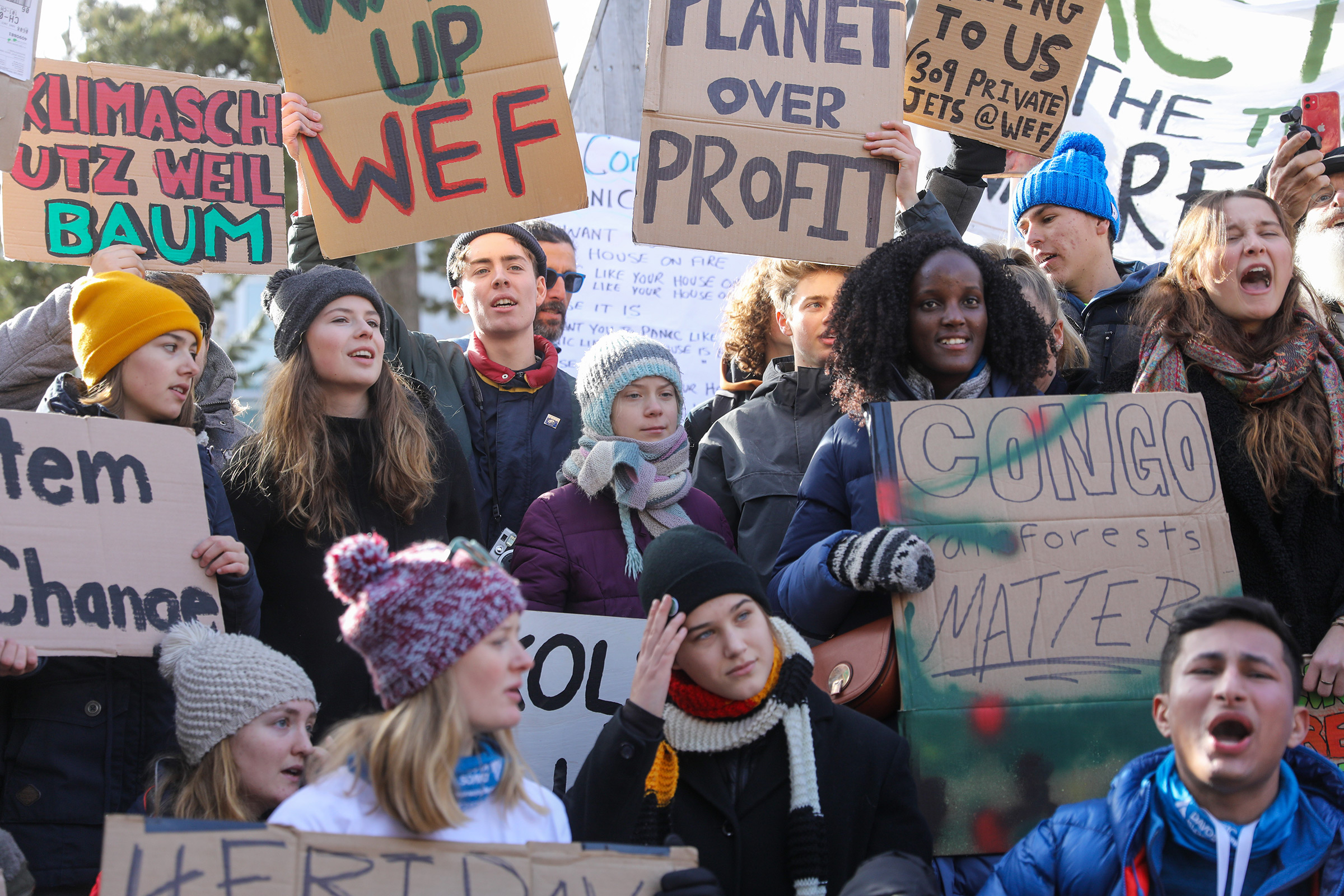
But I believe that we need to speak out—to “break the silence,” as Sani says. I see my role in climate activism as bringing up conversations that many people have never had, and highlighting the destructive policies and investments of banks, hedge funds, multi-national corporations and governments—all of which would like the rest of us to have no idea what they’re up to. I see my task as drawing attention to communities that people may not have heard of, where lives are being upended and lost on a daily basis.
No country, no matter where, is just a country. What happens in the Congo Basin rain forest doesn’t just affect people in countries in central Africa; it influences weather patterns across the world. The climate crisis respects no geopolitical borders, political bloc or regional trade associations. So what happens in the Congo isn’t just the business of the Congolese or their neighbors. It concerns all of us.
I’ll be the first to agree that we need more diversity on platforms and that more young activists should be given opportunities to talk about the challenges their countries or regions are facing. There should be 54 or 216 or 1,026 activists from every African nation-state speaking at international climate conferences and to their own governments. Every activist has a story to tell; every story has a solution to give; and every solution has a life to change.
Excerpted from A BIGGER PICTURE: My Fight to Bring a New African Voice to the Climate Crisis by Vanessa Nakate. Copyright © 2021 by Vanessa Nakate. Available Nov. 2, 2021, from Mariner Books, HarperCollins.
More Must-Reads from TIME
- Cybersecurity Experts Are Sounding the Alarm on DOGE
- Meet the 2025 Women of the Year
- The Harsh Truth About Disability Inclusion
- Why Do More Young Adults Have Cancer?
- Colman Domingo Leads With Radical Love
- How to Get Better at Doing Things Alone
- Michelle Zauner Stares Down the Darkness
Contact us at letters@time.com